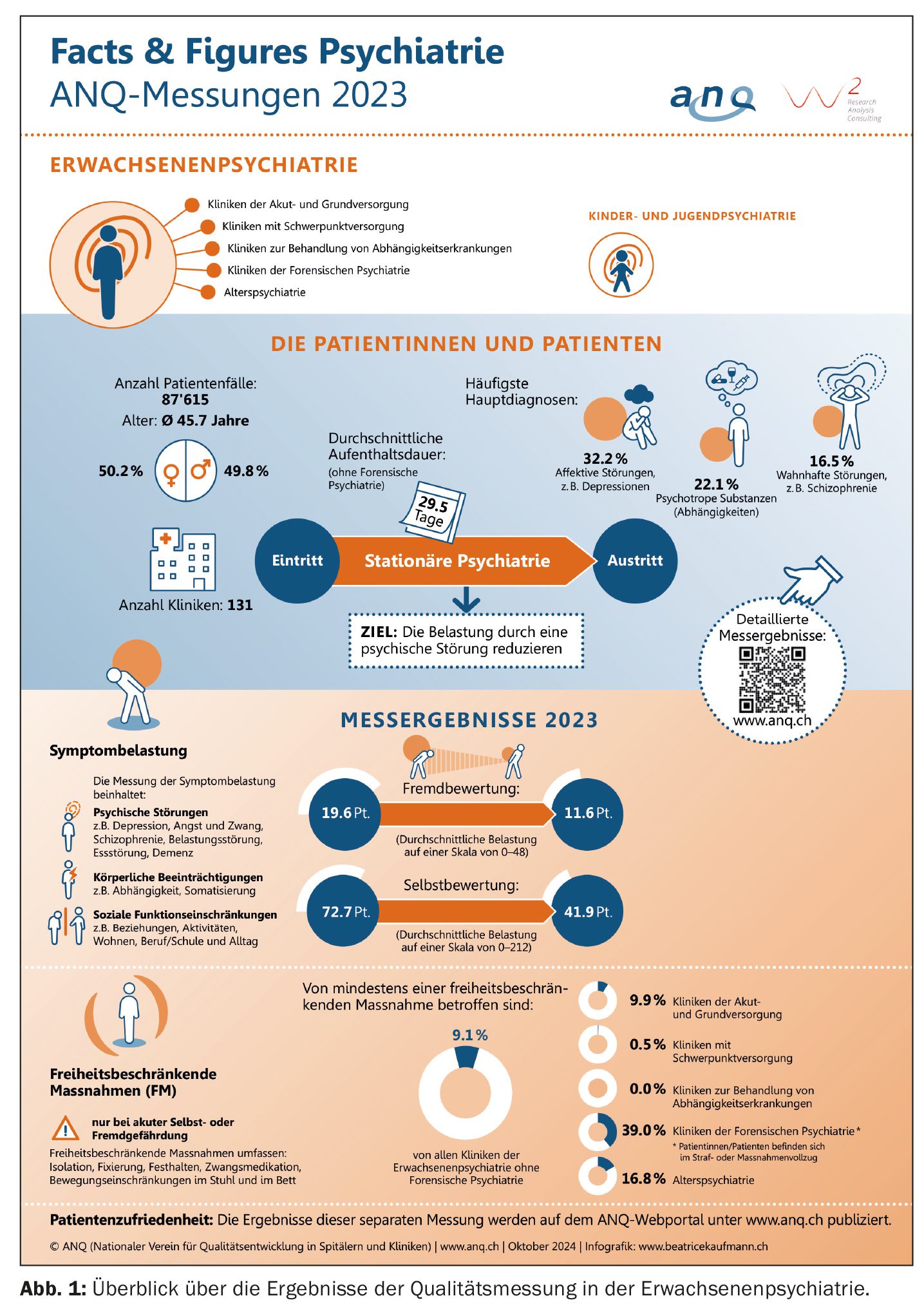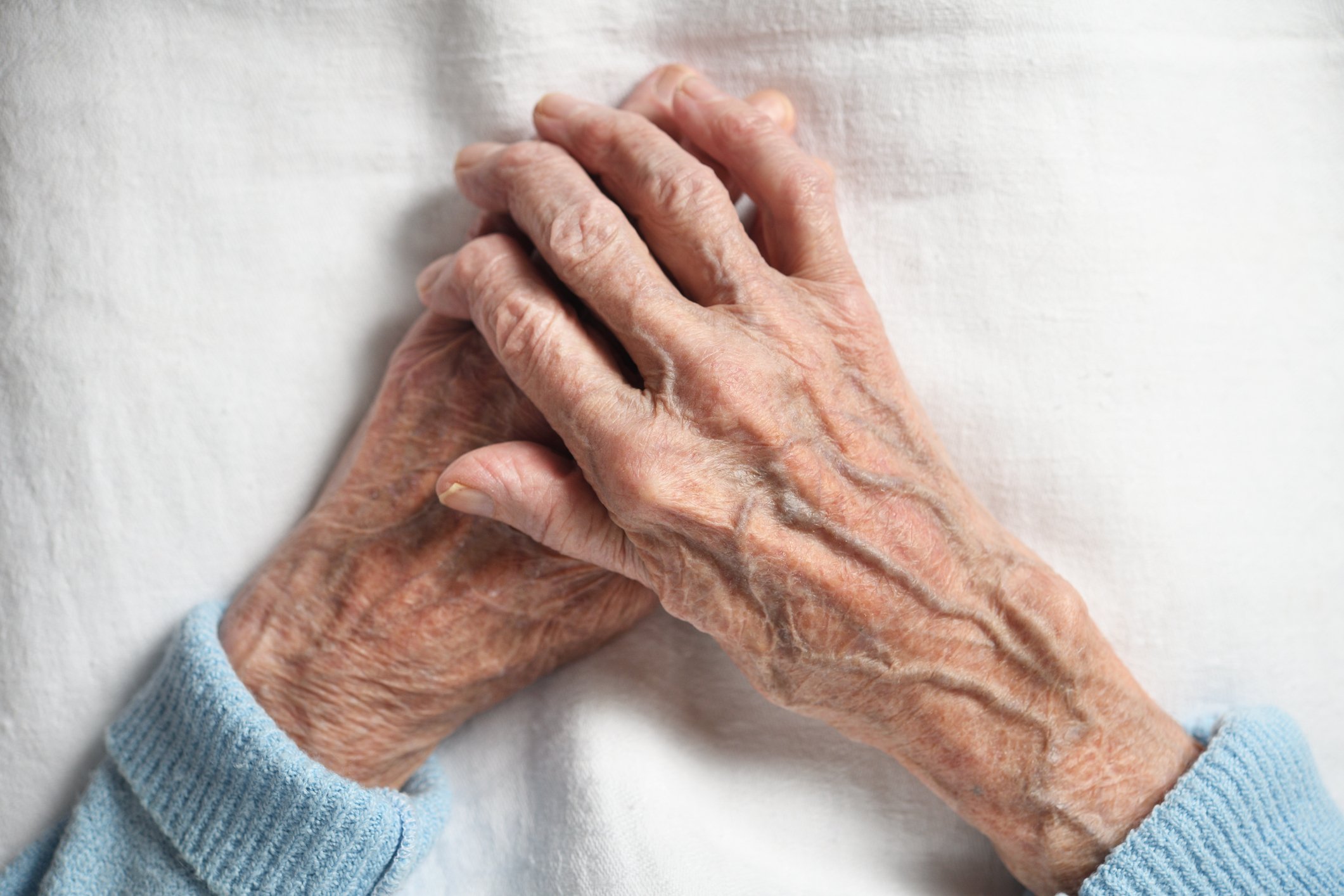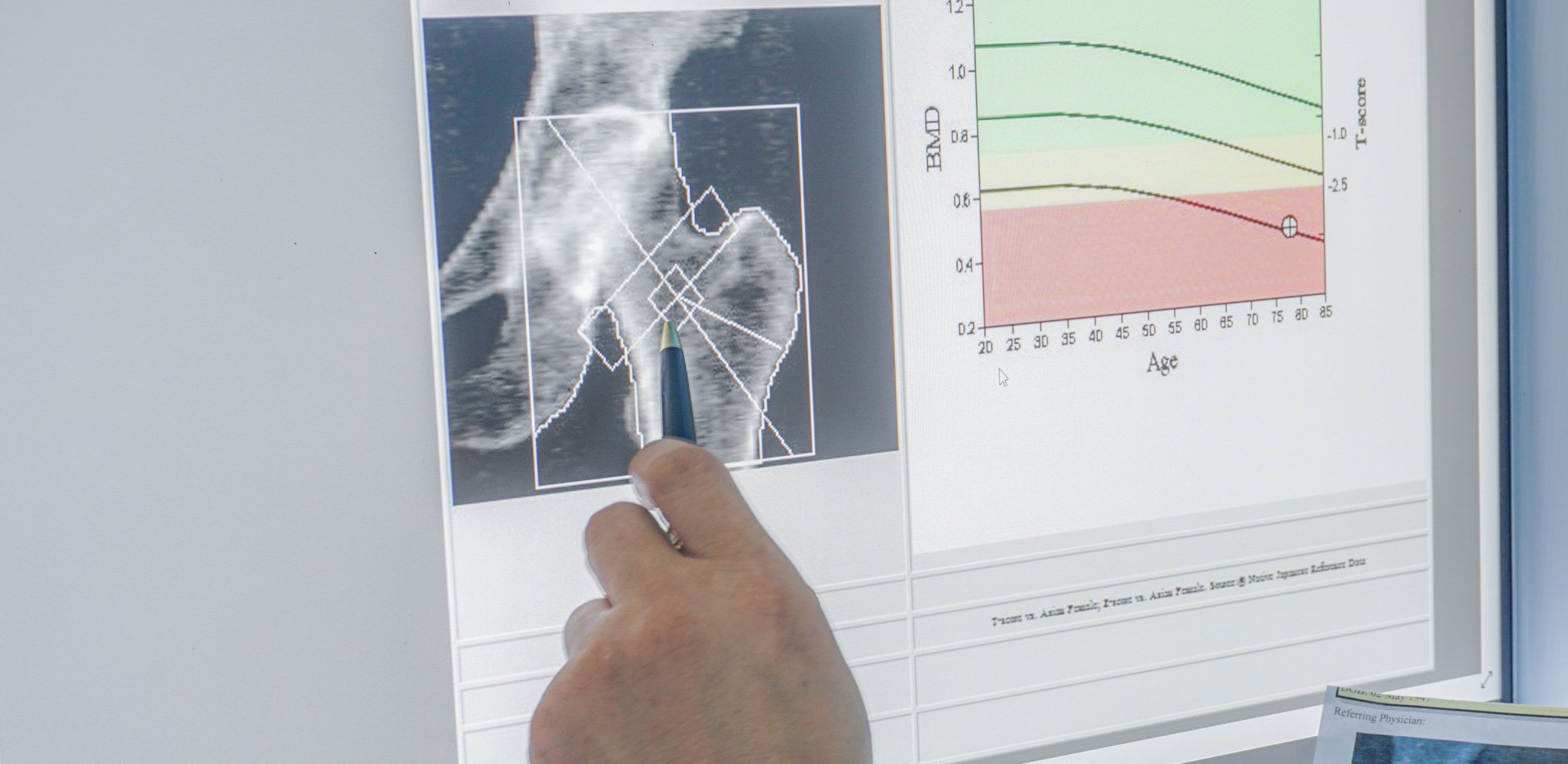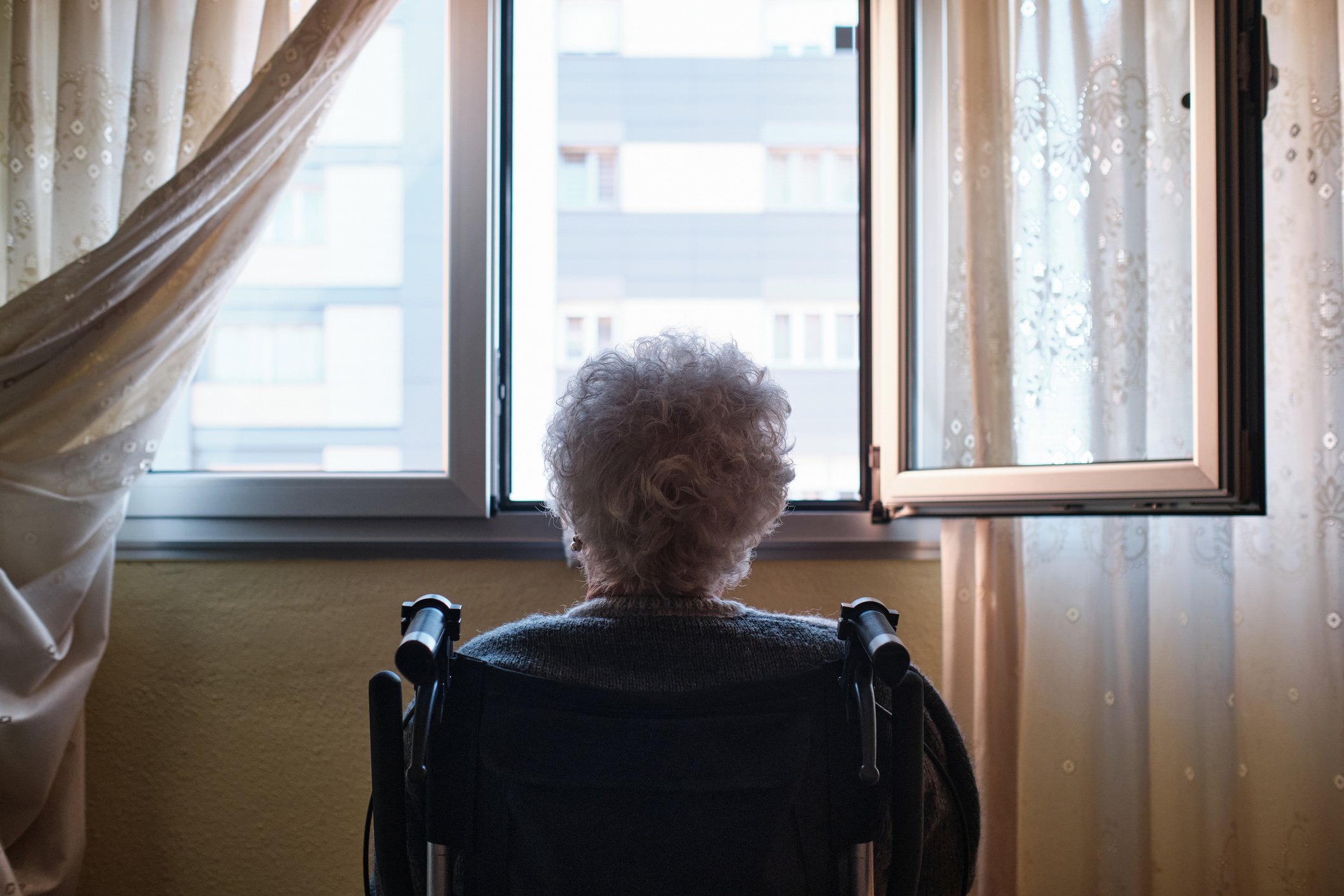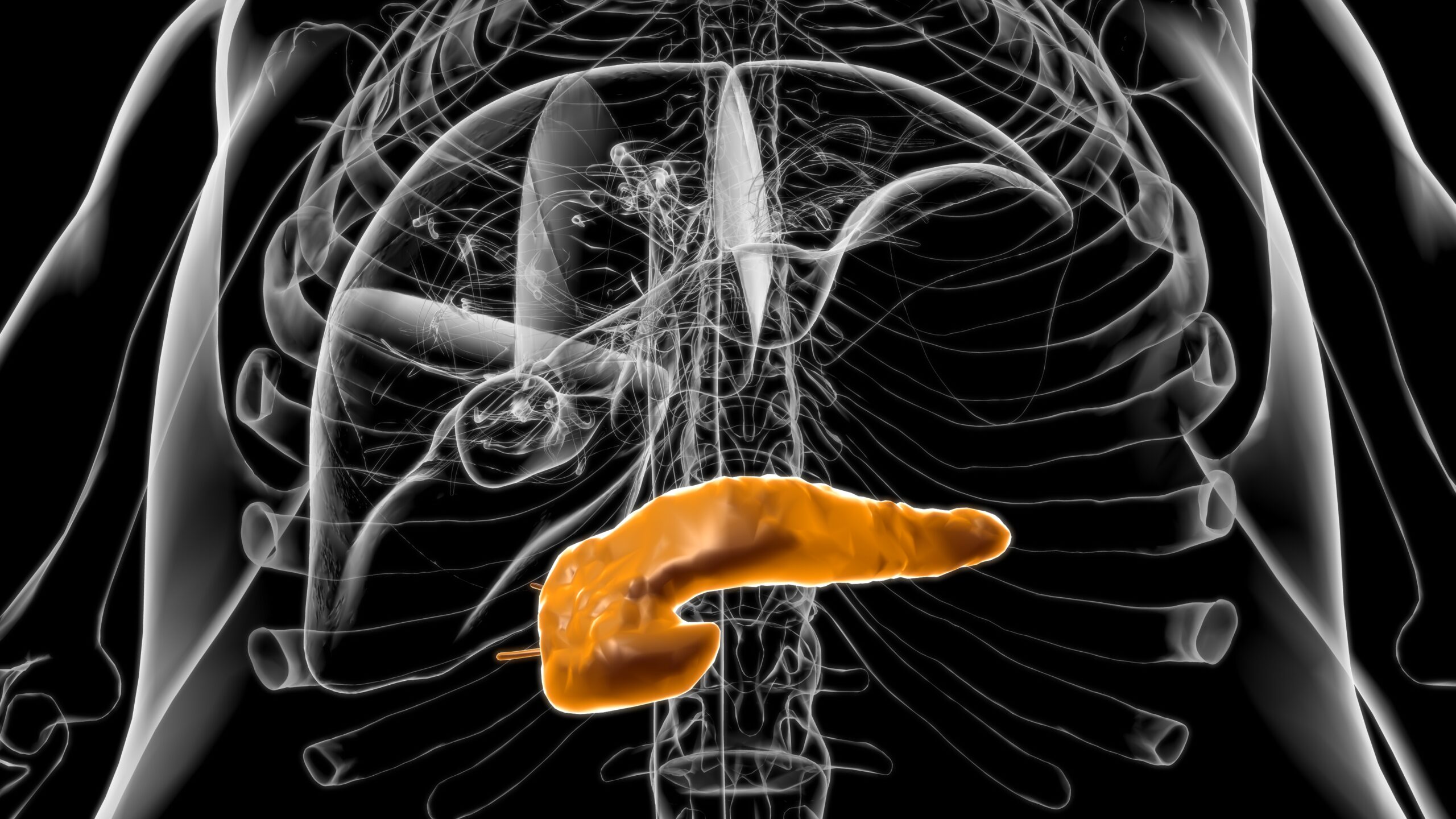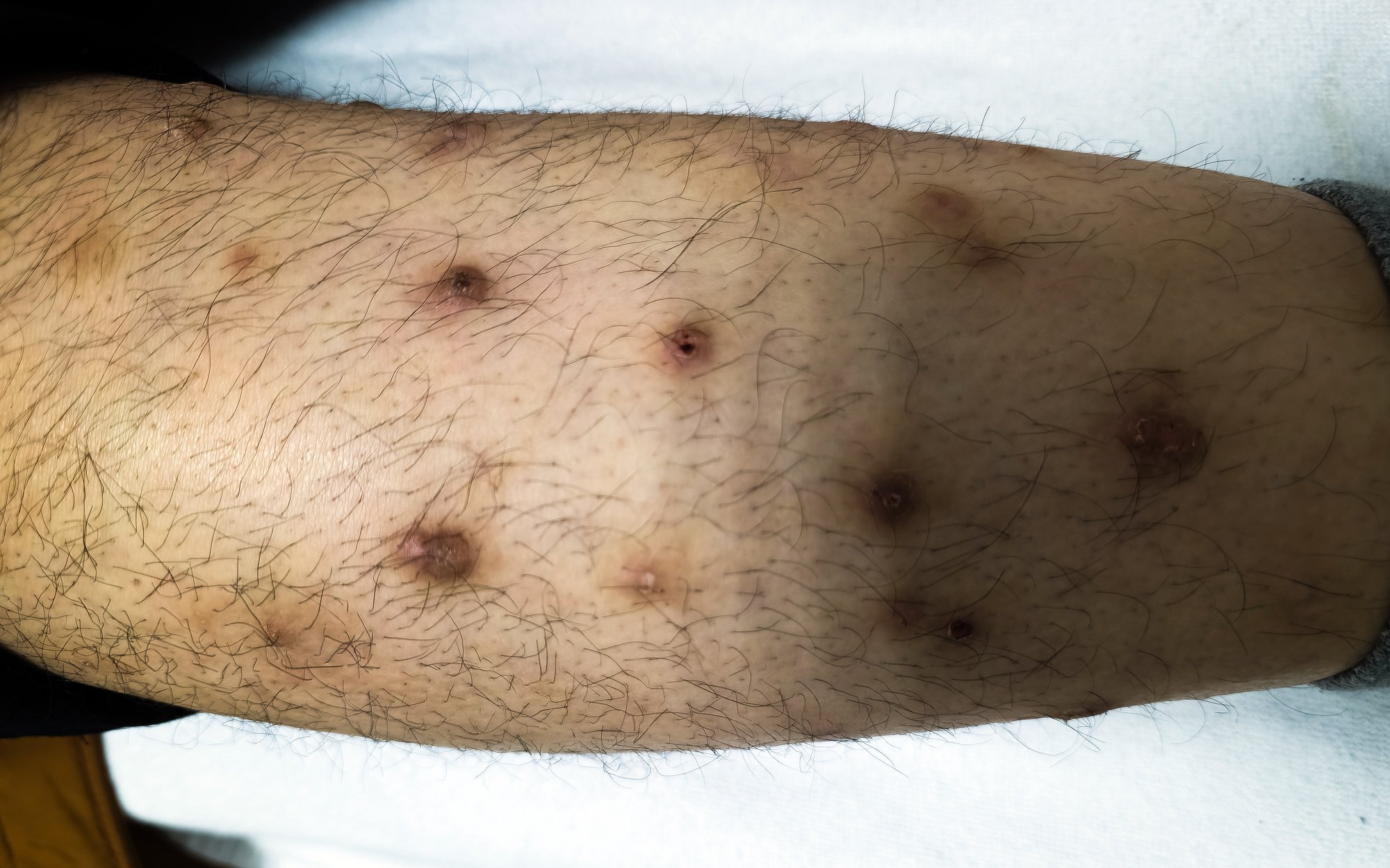The results of the ANQ quality measurements in Swiss psychiatric clinics show the extent to which patients’ symptom burden decreased during inpatient treatment in 2023. The use of measures that restrict freedom was also surveyed. For the first time, the ANQ is reporting the results of geriatric psychiatry separately.
(red) The ANQ published the results of the quality measurements that were implemented nationwide in adult inpatient psychiatry in 2023. The measurement of the average symptom burden of patients due to mental disorders, physical impairments and social functional limitations showed that inpatient treatment led to an improvement in symptoms. This is shown by both the external assessment from the perspective of the treating healthcare professionals and the self-assessment of those affected. The survey of measures restricting freedom shows that no such measures were applied in 90.9% of adult psychiatric treatment cases.
First separate evaluation for geriatric psychiatry
“With the separate consideration of geriatric psychiatry and the adjustment of the measurement specifications for this area, the ANQ has achieved an important goal,” emphasizes PD Dr. med. Ulrich M. Hemmeter, Head of Psychiatric Services Graubünden and Psychiatric Center Appenzell Ausserrhoden and member of the ANQ Psychiatry Quality Committee. “The measurements are now better suited to the specific tasks of geriatric psychiatric clinics, in particular the treatment of people with dementia.”
- Measurement of symptom burden: From the point of view of the treating staff, the symptom burden of the patients reached a value of 19.6 on a scale of 0 to 48 on admission to hospital. This value fell to 11.6 by the time of discharge. This means that the admission and discharge values remained stable compared to the previous year. From the patients’ perspective, the entry value was 72.7 and the exit value 41.9 – on a scale of 0 to 212. As self-assessment was discontinued in geriatric psychiatry at the beginning of 2023, it is not possible to make a comparison with the previous year.
- Survey of measures restricting freedom (excluding forensic psychiatry): At least one measure restricting freedom was applied in 9.1% of treatment cases. This proportion is therefore 0.3 percentage points above the previous year 2022, but still below the 2021 level. In 2.3% of cases, more than three measures restricting freedom had to be applied, in 2.7% of cases there were two or three measures, and in 4.1% there was one measure.
The initial results of geriatric psychiatry confirm the characteristics of this type of clinic. From the perspective of the treating staff, the symptom burden of the patients reached a value of 22.2 on admission and 12.9 on discharge (on a scale of 0 to 48). It was thus higher on admission than in all other clinic types, but could be reduced to a greater extent during treatment. The proportion of cases with at least one liberty-restricting measure was 16.8%.
Source: ANQ quality measurements 2023 with first separate results for geriatric psychiatry, 17.10.2024, ANQ.
InFo NEUROLOGY & PSYCHIATRY 2024; 22(6): 37 (published on 5.12.24, ahead of print)


